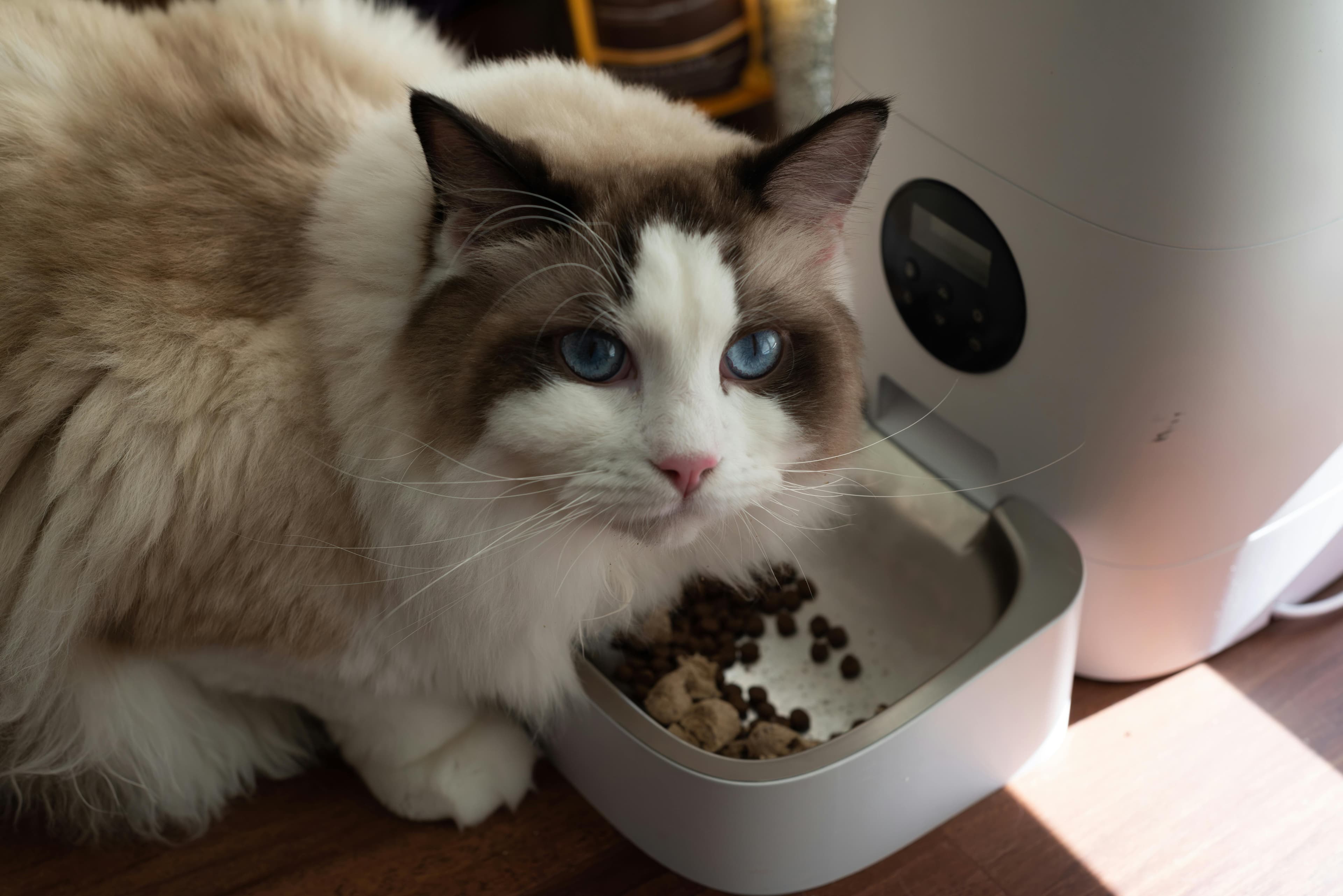Cats do have taste buds. Their sense of taste does not match up to the impressive levels of their sense of smell or hearing. This is due to the low number of taste buds present on a feline's tongue. The average person has about 10,000 taste buds, dogs have more than 1500, while cats only have 500. This limits their tasting ability considerably but luckily they make it up with a terrific sense of smell.
A Cat's Sense of Taste
The way cats experience taste is very different from the way humans do. Felines are predators by nature so eating meat is in their genes. They get most of their protein from the meat they eat. When cats hunt, they also get most of their hydration from the meat. According to the American Animal Hospital Association (AAHA), domesticated cats enjoy eating wet food more because it mimics their natural hunting patterns.
Cats have a more developed sense of taste for savory foods because of their carnivorous origins. In nature, they had little use for taste buds that detect sweet food items. They would hunt for mice and other small animals thus needed to identify only umami flavors.
Tastes That Cats Can't Experience
Cats typically are unable to experience sweet tastes. PetMD claims that cats are the only mammals who lack the protein needed to synthesize sweet flavors. This does not mean that a cat will never eat anything sweet. Many people have cats who happily eat ice cream or cookies but their brain is not really able to distinguish the flavor as something special.
Another question that people often ask is “Can cats taste spicy food?” The answer is no. Spice is a refined taste that humans can detect but cats do not have the same ability. Spicy food cannot be experienced by cats.
Tastes Cats Prefer
Since cats are mainly meat eaters, they prefer savory items the most. Their limited taste buds can appreciate salty, savory and umami flavors. Umami refers to specific savory flavors, commonly found in broths and meats, in Japanese cuisine. Cats' taste receptors have developed to perceive these tastes.
Carbohydrates also hold no particular interest to cats when it comes to taste. More than that, carbohydrates are bad for cats. You must try to avoid them as much as possible. If they eat food rich in carbs, then your cat might be at risk of developing obesity and diabetes.
Their ability to detect bitter tastes is invaluable. It allows them to avoid bitter food items and keeps them safe from toxins and poisonous foods since these are almost always bitter to taste. As soon as a cat senses bitterness in food, they will turn away.
Conclusion
Do cats have taste buds as evolved as humans? No. Their taste buds are rather limited in number but their excellent sense of smells comes into play when we are talking about food. They use their nose and whiskers to sense the food even before they taste it. This is why cats prefer warm food as the aroma beckons to them. If your cat is a picky eater, make sure you stick to umami flavors and always warm up the food. Cats tend to favor wet food as well. It is much easier to swallow and they enjoy it more.
Frequently Asked Questions
Can cats taste sweet flavors like sugar?
Most experts agree that cat taste buds do not have the gene receptors that allow them to taste sweet items like sugar.
Do cats have taste buds that detect bitterness?
Yes, cats have the capability to detect a bitter taste which is very useful in avoiding toxins.
Can cats taste sour?
Cats have the ability to taste sour food which is why they will turn away from food that has gone bad.



